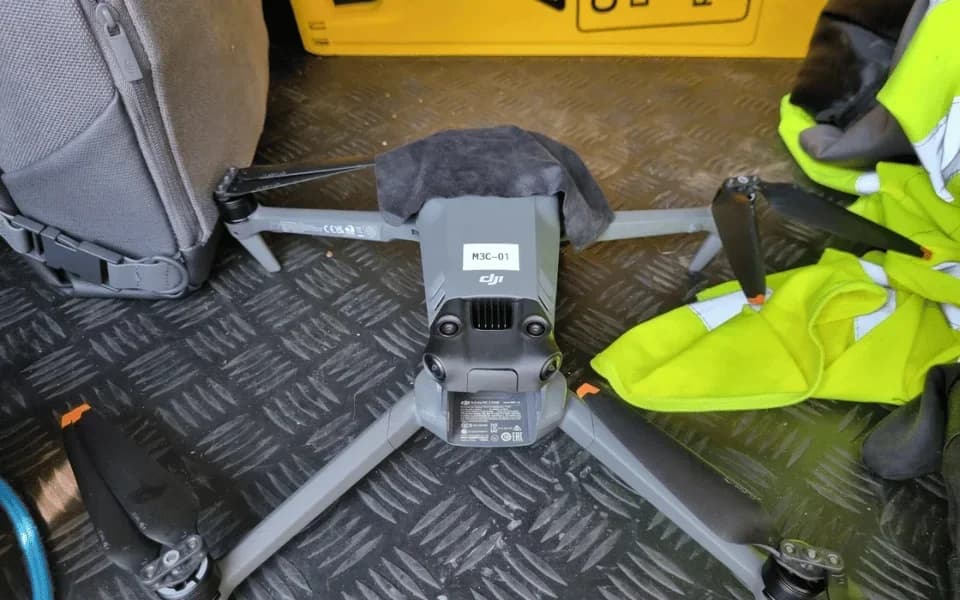
As a UK drone operator, you'll need to decide between the GVC and the newer RPC-L1. While the GVC offers a single qualification for various drones, the RPC-L1 uses a modular approach.
Both are valid for five years and require a Flyer ID, but your choice will fundamentally shape your training and operational scope. Understanding which pathway best serves your ambitions is the first critical step toward professional flight.
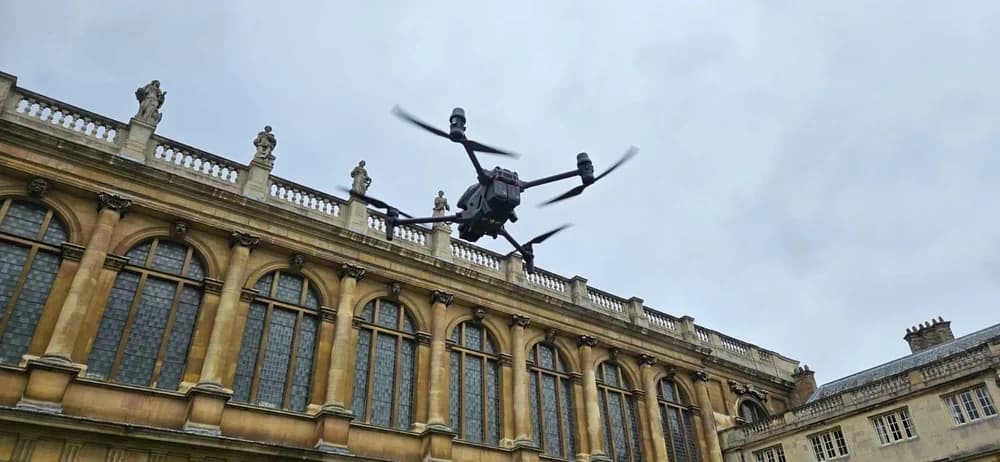
30 Second Summary
- RPC-L1 provides a career progression pathway, while the GVC is a standalone certificate with no advancement options.
- A GVC covers both multirotor and fixed-wing aircraft, but RPC-L1 requires separate qualifications for each type.
- RPC-L1 aligns with the modern SORA risk framework, whereas the GVC is a legacy low-risk operational pathway.
- Both qualifications are valid for five years and require identical flight currency of two hours every 90 days.
- GVC holders are exempt from the theory exam when transitioning to the more advanced RPC-L1 curriculum.
RPC-L1 (Remote Pilot Certificate Level 1) Vs GVC (General Visual Line of Sight Certificate) | Regulatory Framework
The General Visual Line of Sight Certificate (GVC) operates under the PDRA-01 template within the Specific Category; since its introduction in 2020, it’s been the standard for commercial VLOS operations. If you hold a GVC, you're operating within this established, pre-approved framework. It's a proven, yet now legacy, pathway for specific low-risk commercial drone flights in the UK. This means you follow a set of predefined limitations and safety mitigations.
In contrast, the new Remote Pilot Certificate Level 1 (RPC-L1) directly aligns with the UK’s updated Specific Operations Risk Assessment (SORA) framework. You'll find this modern system replaces the older, bespoke Operational Safety Case (OSC) route for all new risk-based authorisations. Essentially, while your GVC is tied to the rigid PDRA-01 scenario, the RPC-L1 acts as the foundational certificate for the broader, more granular UK SORA system.
This structural shift moves you from a template to a scalable, risk-assessed methodology.
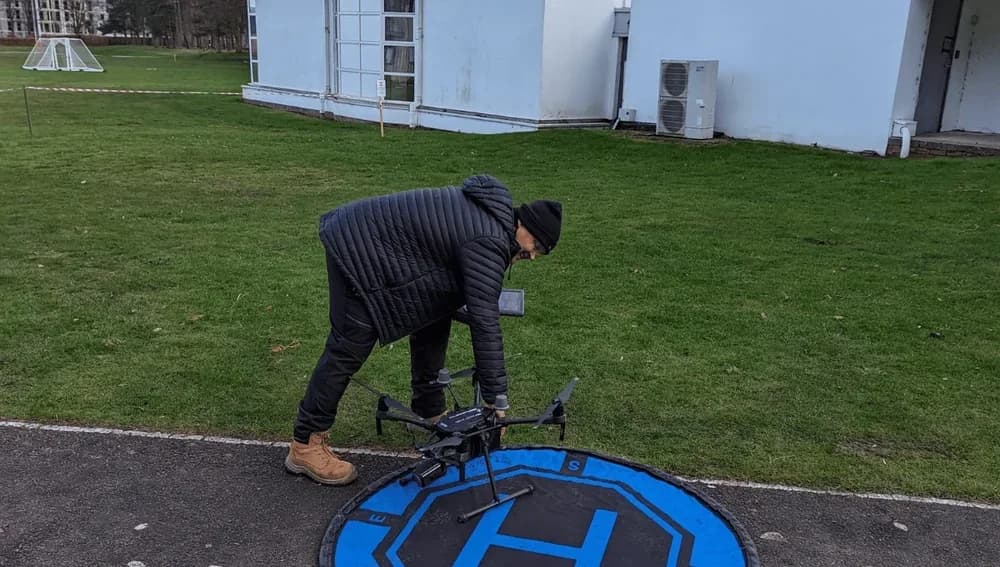
Progression Pathway
When considering your long-term career, the progression pathway marks a critical distinction. The GVC essentially represents a dead end. While it qualifies you for PDRA-01 operations, it doesn't offer any structured progression within the new UK SORA framework.
It’s a standalone, legacy certificate that limits your future operational scope and career advancement. You won't find a clear next step.
Conversely, the RPC-L1 acts as your gateway to a modern, modular certification system designed for growth. It’s the foundational building block for your career. Once you’ve secured your RPC-L1, you can progress to the RPC-L2 for Beyond Visual Line of Sight (BVLOS) operations.
From there, the path continues to RPC-L3 (Advanced Competence) and RPC-L4 (Master Competence). This structure offers you a clear, forward-looking roadmap for developing advanced skills and credentials as your ambitions grow.
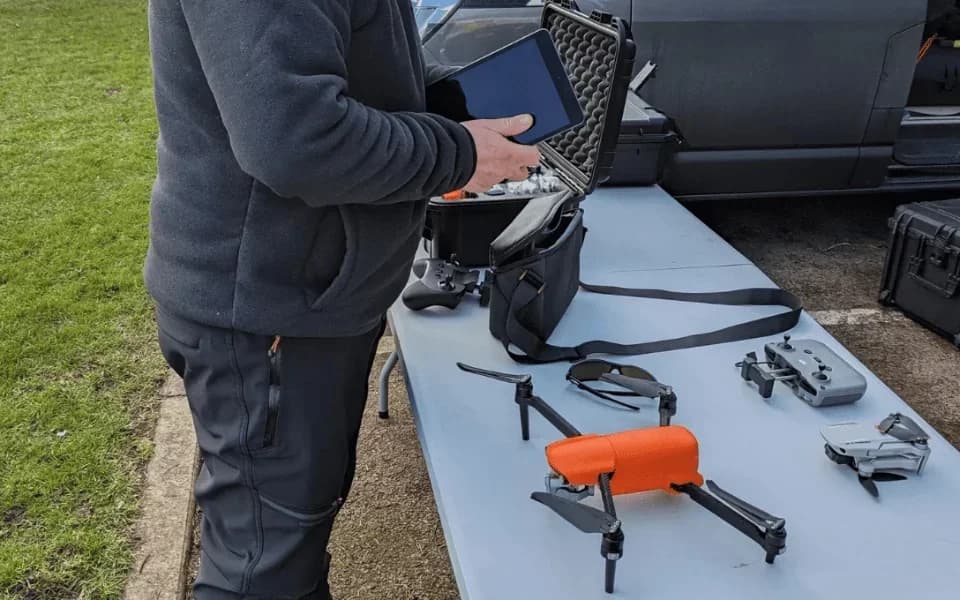
Drone Type Coverage
While your GVC covers both multirotor and fixed-wing drones up to 25 kg on a single certificate, the RPC-L1 framework requires separate certification for each category. This means you’ll need to specify which type of drone you intend to fly from the start. You'll pursue an RPC-L1(R) for rotorcraft (multirotors) or an RPC-L1(A) for aeroplanes (fixed-wing).
This is a significant departure from the GVC’s all-in-one utility. If you plan to operate both types of drones under the new SORA-based system, you must obtain two separate RPC-L1 certificates. Your GVC already provides this versatility, qualifying you for both multirotor and fixed-wing operations.
The RPC-L1’s specialised nature makes your initial drone choice more impactful, as switching between drone categories will require you to gain an entirely new qualification for that specific type.
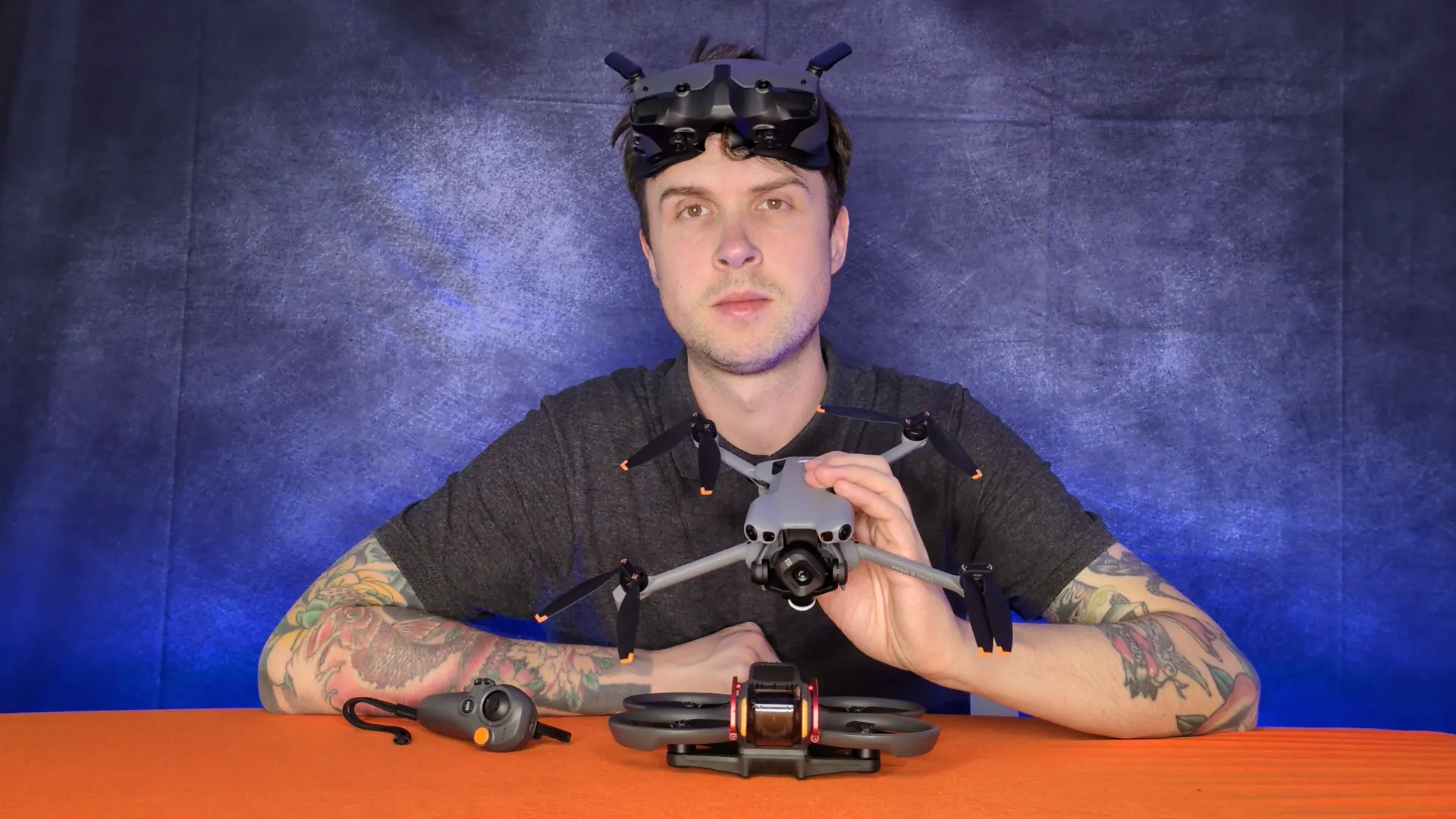
Training Requirements
Your training for both licences starts with a mandatory Flyer ID, but the RPC-L1’s curriculum is more demanding. To earn your GVC, you’ll complete a theory course covering essential topics like uk drone laws, navigation, meteorology, and human factors. Your practical flight assessment then requires you to expertly perform controlled circuits and simulated emergency drills.
In contrast, the RPC-L1 builds directly upon this foundation. It includes all the GVC’s theoretical content but adds crucial modules on UK SORA principles, risk models, and operational mitigations. The practical assessment is also more rigorous, featuring enhanced requirements that include specific navigation drills.
The great news for current drone pilots is that if you already hold a GVC, you’re exempt from repeating the theory exam when you transition to the RPC-L1, simplifying your upgrade path. This makes the next step in your professional development much more straightforward.
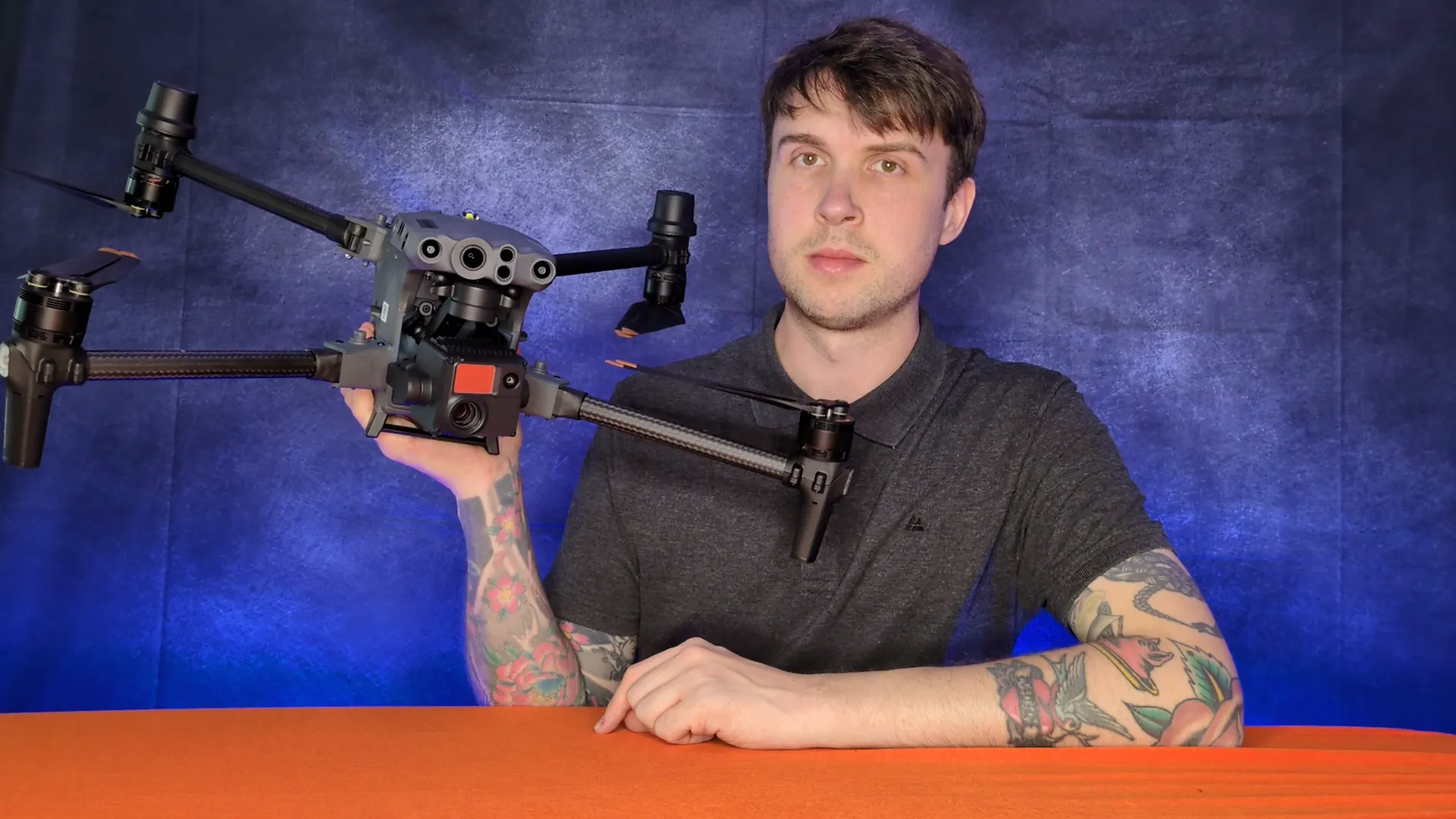
Validity and Currency
Although the training requirements differ significantly, the rules for validity and currency are identical for both qualifications. Whether you earn the new RPC-L1 or already possess a GVC, your certificate remains valid for a full five years from its date of issue. Once this period expires, you'll need to complete a renewal process to continue operating under its privileges.
Beyond the five-year validity, you also have an ongoing responsibility to maintain what’s called ‘currency’. This means you must log at least two hours of flight time within the preceding 90-day period. This rule applies equally to both the RPC-L1 and the GVC, ensuring your practical piloting skills don't fade.
So, no matter which qualification you hold, you'll need to fly regularly and keep a detailed logbook to prove you've met this continuous requirement. It's a simple, unified standard for all drone operators operating in this category.
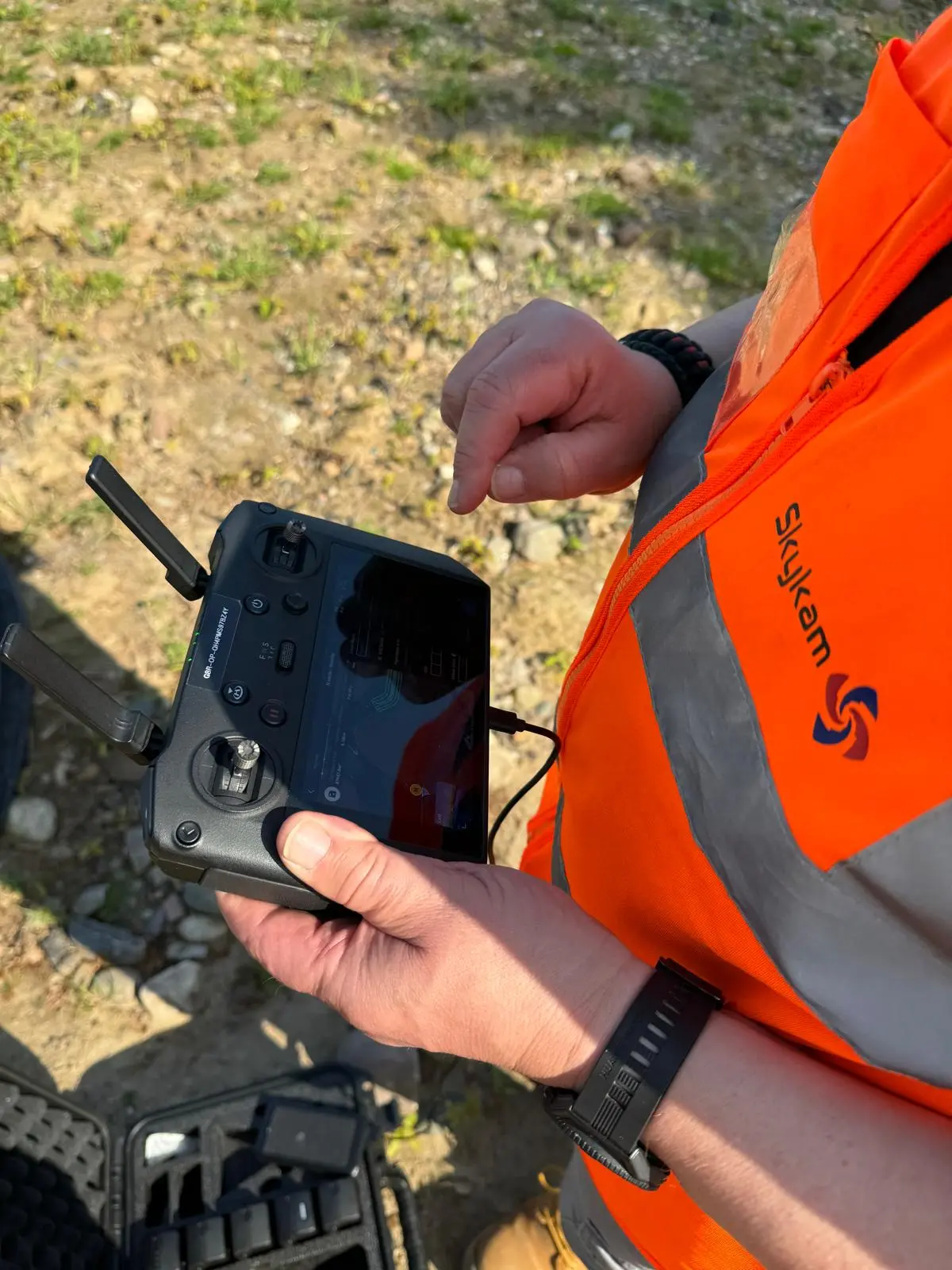
Which to Choose RPC-L1 (Remote Pilot Certificate Level 1) vs GVC (General Visual Line of Sight Certificate)
Choosing between the RPC-L1 and GVC comes down to your operational ambitions. If you're confident that your work will only ever involve standard Visual Line of Sight (VLOS) missions under the current PDRA-01 framework, then the GVC works for now. You should understand it's a legacy pathway that doesn't accommodate future expansion. While your GVC will be accepted until at least March 2026, it isn't the forward-looking option.
However, if you plan to grow your operations or want to future-proof your credentials, you'll need the RPC-L1. It’s the essential qualification for operating under UK SORA authorisations.
Crucially, if you’re aiming to progress toward more advanced flights like Beyond Visual Line of Sight (BVLOS) in the future, the RPC-L1 isn't just an option—it's a requirement. For any serious commercial drone career, it's the clear choice.
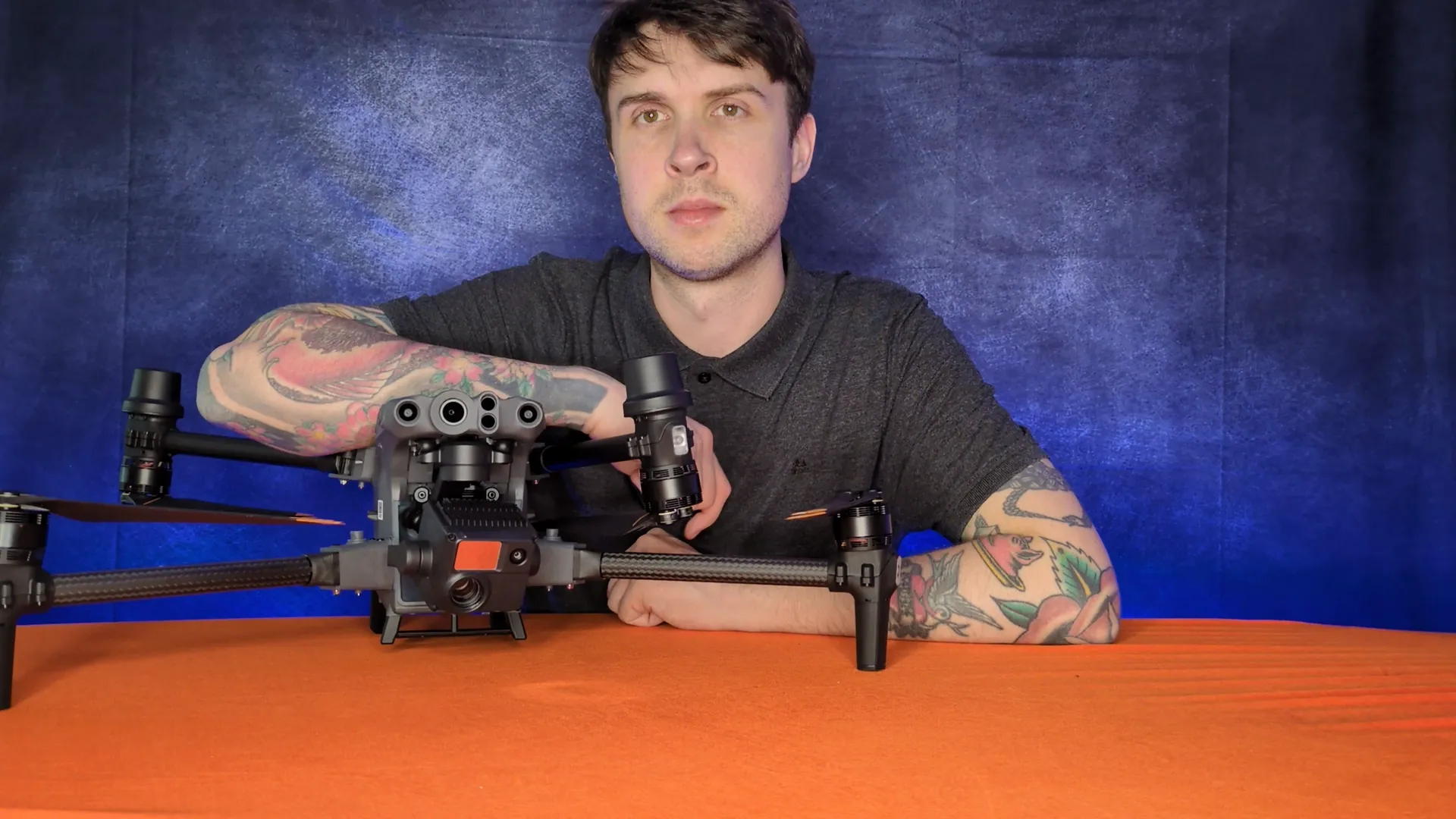
Frequently Asked questions
How Do These Certificates Affect My Drone Insurance Costs?
You'll find holding a recognized drone pilot certificate generally lowers your drone insurance costs. Insurers see your formal qualification as proof of competence and a commitment to safe, compliant operations.
This reduces your risk profile, which often translates into lower premiums. For commercial work, some insurers won't even offer you a policy without proof of certification, making it essential for protecting your business and accessing professional-grade coverage at a more affordable rate.
Will My Existing GVC Be Converted to an RPC-L1?
No, your GVC won't be converted to an Rpc-L1. You'll find your GVC remains valid for its current purpose, but it’s considered a legacy pathway for PDRA-01 operations.
The Rpc-L1 is an entirely new certificate you'll need to obtain separately for SORA-based operations beginning in January 2026. Because they're for different operational frameworks, there isn’t a direct conversion process you can use. You must earn the new certificate.
Are These UK Certificates Valid for Flying in Europe?
No, your UK qualifications aren't directly valid for flying in Europe. Since the UK is no longer an EASA member state, you must comply with the national drone regulations of the specific EU country you're visiting. You can't just use your UK certificate there.
This means you'll likely need to obtain a local equivalent or follow that country's unique procedure for recognizing foreign drone pilot qualifications. Your GVC, for instance, won't just transfer.
Can I Still Use a GVC for PDRA-01 Operations After 2026?
Yes, you can still use your GVC for PDRA-01 operations after 2026. Your existing certificate doesn't become invalid and it remains recognized for these specific flights.
You'll find it's considered a legacy pathway as the UK transitions its certification system. However, your GVC’s validity for PDRA-01 operations isn’t affected. You're clear to continue operating under its privileges, as it won't suddenly expire for its original purpose.
Which Certificate Will Employers Prefer for Commercial Drone Jobs?
You'll find employers will prefer the certificate that demonstrates you're prepared for future operational standards. They’ll likely favor the RPC-L1 because it's the new, SORA-based certification effective from January 2026.
While your GVC remains valid for PDRA-01 operations, it’s a legacy qualification. Holding the RPC-L1 shows you're aligned with the industry's future, which makes you a more forward-thinking and desirable candidate for commercial drone jobs.
Find Certified UK Drone Operators for Any Mission
The choice between a GVC and the newer RPC-L1 is critical, as it shapes a drone operator's entire operational scope. While the GVC efficiently covers multiple drone types, the RPC-L1 is the mandatory, future-proof qualification for UK SORA standards and advanced missions. For businesses, hiring a drone operator without the correct credentials for the job creates significant compliance risks.
This certification challenge is precisely what HireDronePilot, the UK's premier managed marketplace, is designed to solve. We focus on connecting businesses with verified professional drone pilots for hire. Our network includes CAA-approved drone operators holding the full range of certifications, from the GVC for standard tasks to the cutting-edge RPC-L1 for complex SORA-based projects. This guarantees you find a professional perfectly matched to your project’s legal and operational needs.
Our platform allows you to streamline drone services through competitive bidding, ensuring quality, compliance, and value for every aerial project across the United Kingdom. You can post a job and receive quotes from compliant professionals when you find certified drone pilots in the UK.
Eliminate the guesswork and hire with complete confidence. Post your job today to connect with a qualified, insured, and future-ready drone operator for your next project.
About the Author

Written by
Peter Leslie
Peter Leslie is a CAA-approved commercial drone pilot with 10+ years experience and over 10,000 flight hours. He holds the GVC and A2 CofC drone licences with full CAA Operational Authorisation. Peter is a member of ARPAS-UK, the UK's non-profit trade association for the drone industry. He founded HireDronePilot to connect UK businesses with qualified, insured drone operators.
Looking for More Drone Work?
Join the UK's leading network of professional drone pilots and grow your business.
Open Access
Bid on any job - all jobs open to all pilots
Grow Revenue
Access high-value commercial projects
Stay Busy
Fill your schedule with regular work
Related Articles
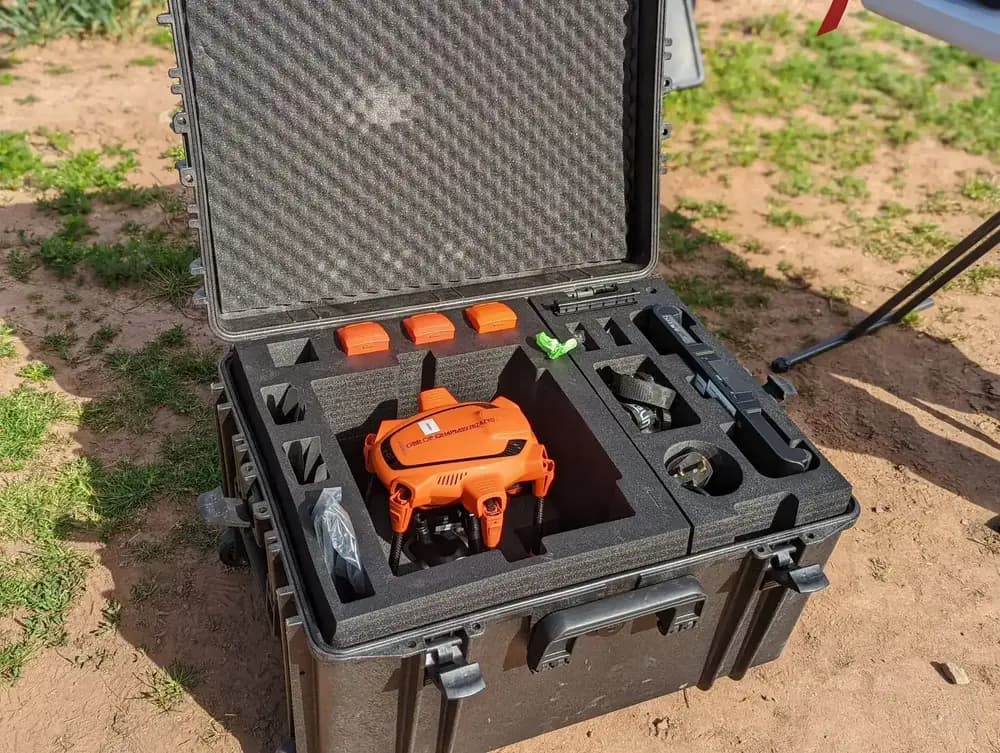
Our Drone Survey Service In Stirling, Scotland
Bringing you Stirling drone survey data from areas no one else can fly.

How Much Does A Drone LiDAR Survey Cost
Forecasting your drone LiDAR survey cost requires understanding what's hidden beyond the initial quote.
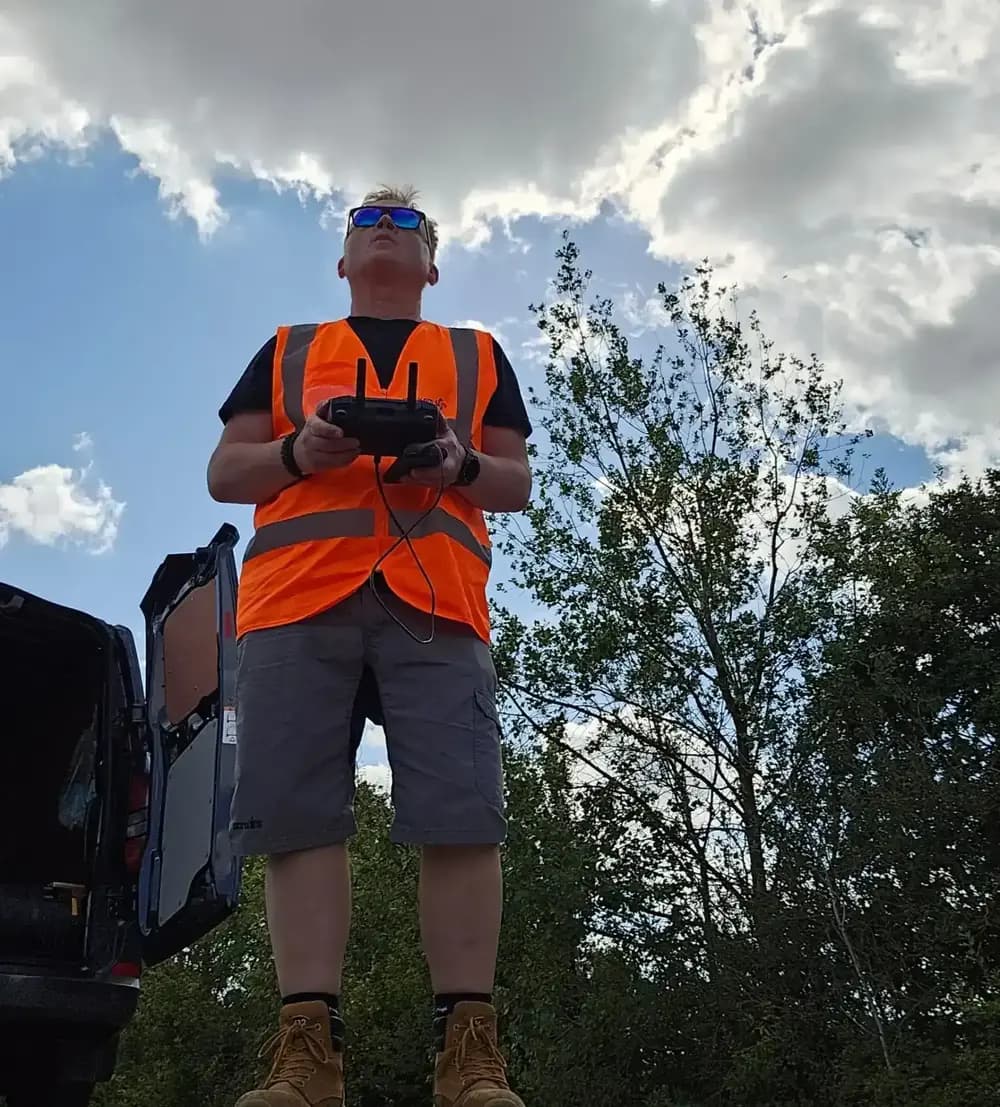
Step By Step Process Of Drone LiDAR Survey
Next, discover the crucial post-flight steps that determine your survey's success.
